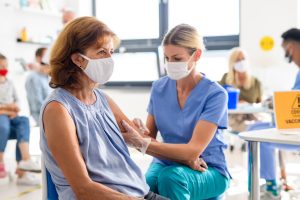The government of Armenia will receive an $80 million assistance from the European Union to finance the development of communities outside the capital, the minister of territorial administration and development David Lokyan told journalists on Tuesday. According to him, the assistance is expected to come after Armenia and the EU sign the Agreement on Comprehensive and Enhanced Partnership on November 20 in Brussels.
“Institutional reforms and the external vector of the Armenian policy will allow to secure a serious flow of funding from the EU, which will be channeled into the economic development of the communities,” Lokyan said. He added that $26 million of that amount will be allocated for the implementation of economic programs in the communities, and $54 million will be used on the development of small and medium-sized businesses.
He noted that EU’s main requirement is to streamline the system of control over the revenues and financial expenses of the communities. “Starting from January 1, 2018, the revenues of all communities will be controlled tightly to ensure the financial independence of the regions,” Lokyan said. The minister said that another EU’s Community Development Program worth 10 million euros is already being implemented in Armenia, aimed at increasing the economic growth of the communities. As part of that programs economic development projects are being implemented in Dilijan, Noyemberyan, Gyumri, Kapan, Vaik, Vanadzor, Armavir and other communities.
Particularly, in Kapan, a tile production plant and a plant for the production of concrete slabs are being built, which will use local plastic waste, sand and cement. In Noyemberyan, a 1.3 million euro worth program for the production of cheese and butter will be implemented , freezing and fry fruit facilities will be installed and gardens with drip irrigation will be planted. The installation of the first solar station with a capacity of 1 MW in Vaik is already under way. In Dilijan a major tourist center will be created. In addition, the program will provide four enlarged communities with new stops, buses and covered market places.




